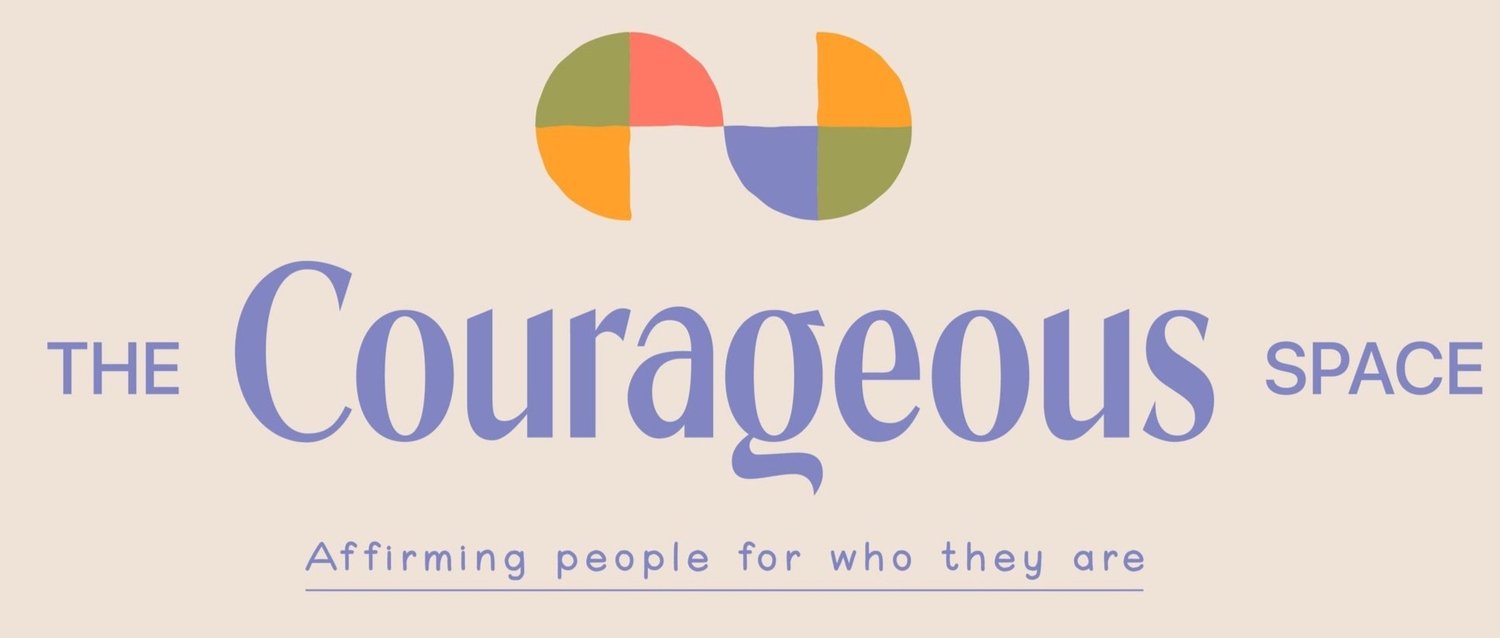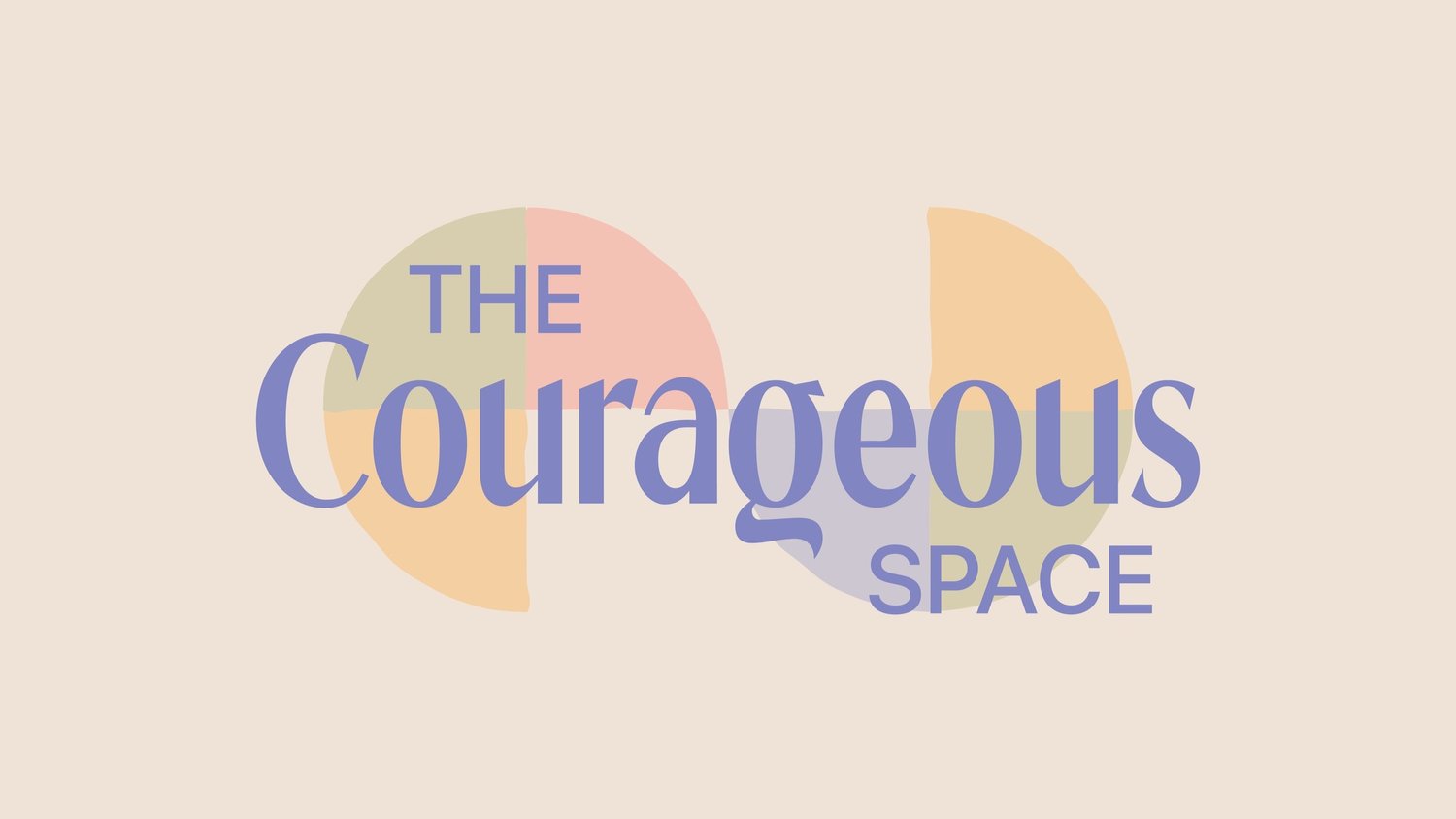Upcoming events.

Event One
Being Neurodivergent and LGBTIQI+ shapes an individual's life experiences at every age, and can present significant challenges to their mental health. This can be alienating and difficult, leading to a felt sense of isolation and loneliness. This is often compounded when accessing healthcare and education, due to discrimination and barriers leading to further mental health challenges, disadvantage and lower wellbeing throughout life.
Increasing evidence suggests a strong connection between neurodivergent identities and LGBTIQAP+ identities. Gender diverse individuals are more likely to be autistic along with experiencing higher rates of ADHD. Research suggests that autistic people presents a unique experience to the formation and consolidation of sexual orientation and gender identity. Identifying as Neuroqueer means that a person sees their neurodivergent and queer identities as interacting with each other. For therapists, teachers, and helping professionals, understanding this intersectionality is paramount in addressing barriers and creating safe, supportive environments where individuals feel valued and empowered.
Understand and practice the power of systemic work, which explores the interconnectedness of individuals, their relationships, and the broader social systems that shape experiences. Discover how to create affirming, inclusive, and systemic support for LGBTIQAP+ and neurodivergent communities in this two-day workshop. Designed for therapists, teachers, and helping professionals. Learn and apply the COURAGE framework to transform your practice.
Centreing in Community
Open Communication
Understanding Diversity
Respectful Practices
Accessible Services
Guided Support
Educational Advocacy
Learning Objectives
Recognise intersectionality
Implement best practices and supportive environments
Develop a systemic lens to assisting individuals in families, school and workplaces
Develop individualised care and support plans
Through interactive sessions, discussions, case studies (across the lifespan) and practical exercises, you'll build the skills, competency and confidence needed to foster safe, supportive environments where every individual feels valued and empowered. Participants will also learn about specific systemic and therapeutic approaches and engage in case study discussions to apply their knowledge in practical settings. Join us to deepen your understanding, enhance your practice, and champion equity and inclusion in your practice and workplace.

